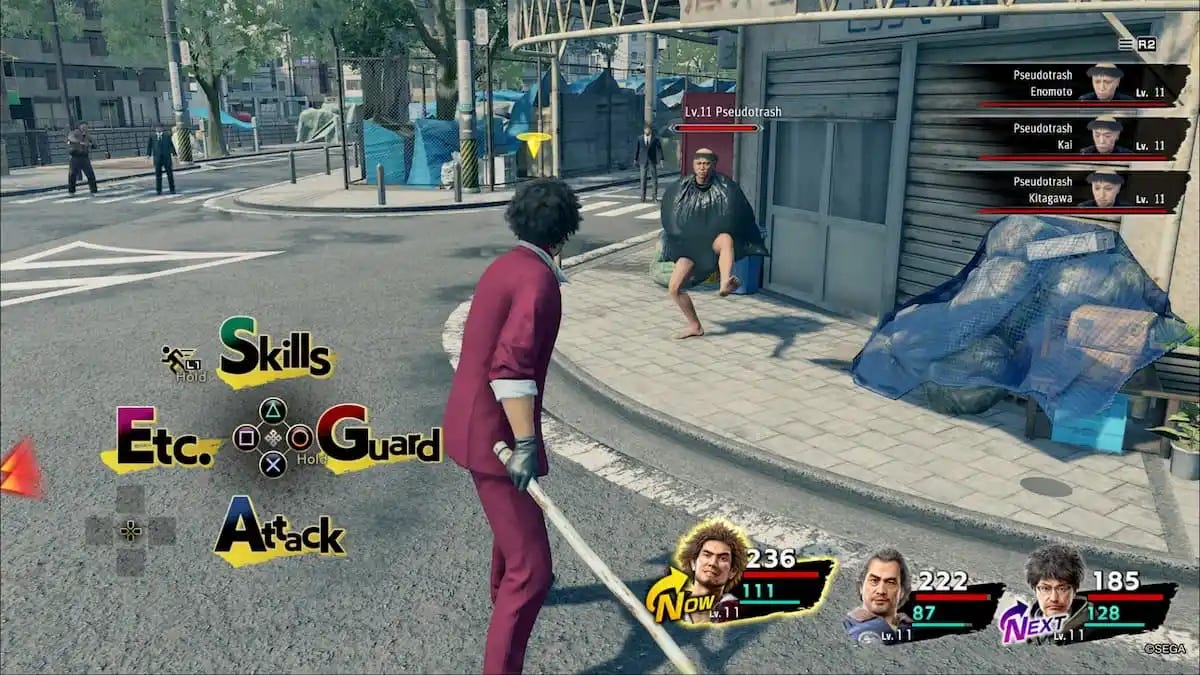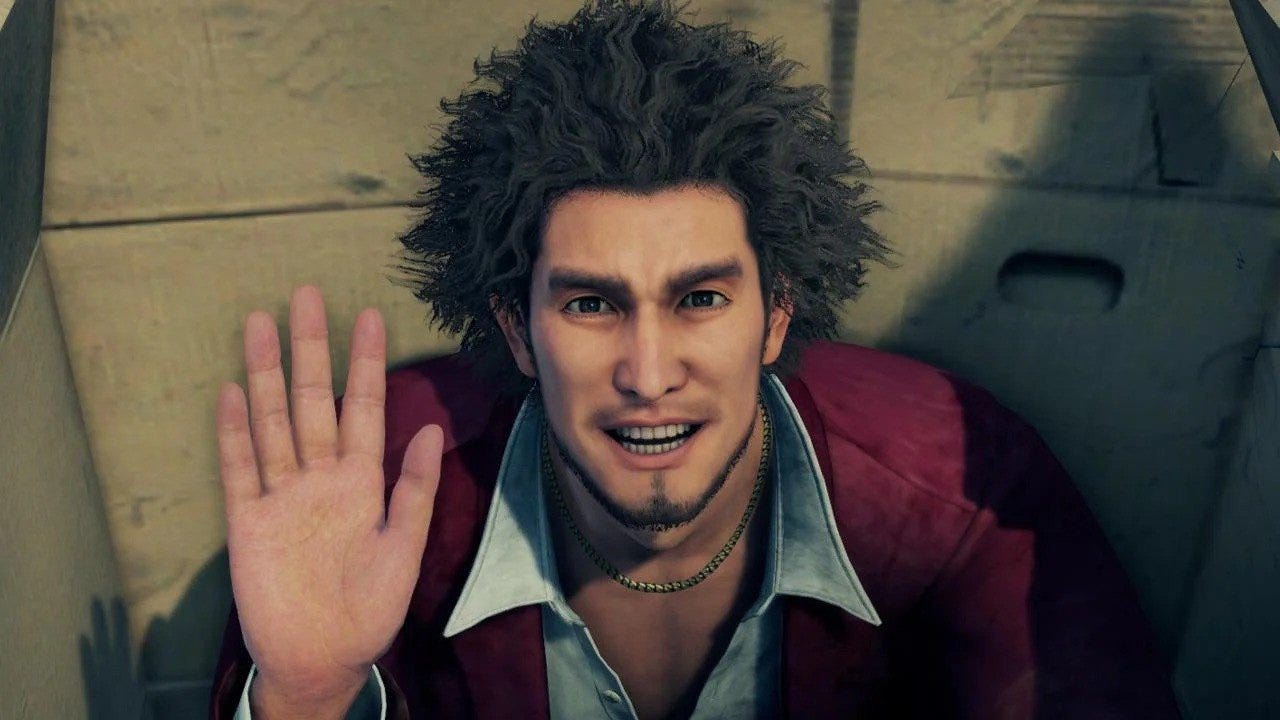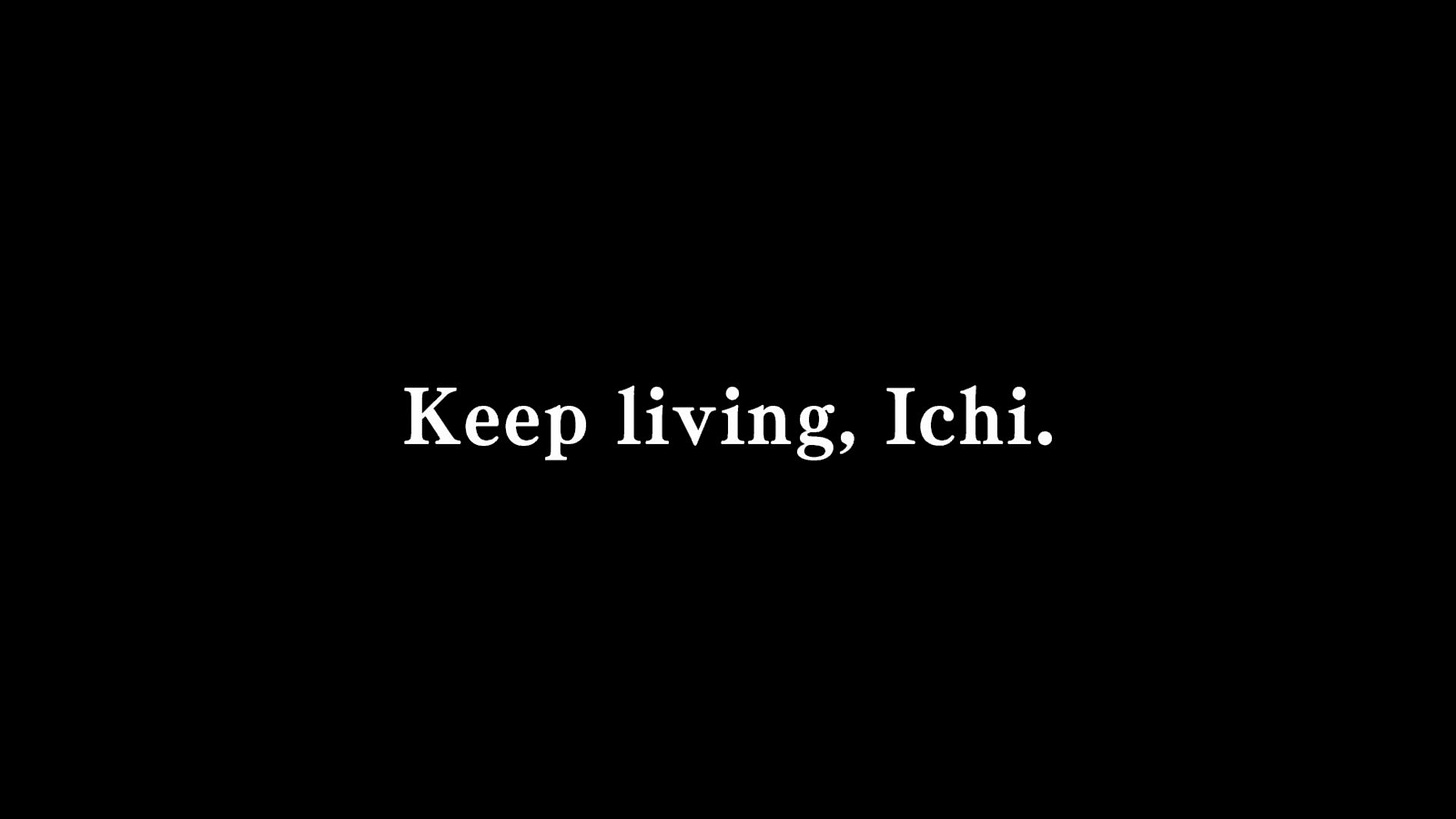Yakuza: Like a Dragon is a Complex Emotional Journey that's Exactly What We Need Right Now.
And I totally didn't cry in the last few chapters.
This week, while I'm recovering from an infusion and am playing Metaphor constantly, I wanted to talk about a game I recently picked back up, and just finished last week, after bouncing off of it. Yakuza: Like a Dragon.
The game came out in 2020, a very tumultuous year for me and the world. I initially started playing it on GamePass and enjoyed it. I liked wandering around Ijincho, playing the side quests, or substories, enjoying the different types of side activities, and enjoying the main characters and the drive they all showed.
The game changed the basic combat of the mainline Yakuza games, which I regrettably have not played, from fast action with fists to turn based. Now, I do not usually like turn based games. They're harder and more strategic than real time action games and while that can be fun, I usually do not enjoy them. This was one of the problems I've had with the Persona games, but thankfully there's a mode that allows me to genuinely fuck up combat and die, and not be thoroughly punished for it by just allowing me to revive and continue the combat (which returns in Metaphor). When I played Baldur's Gate 3, the turn based combat was incredibly frustrating and I was genuinely terrible at it. Like really bad. I was constantly dying and having to redo a whole lot of gameplay and it just wasn't fun.

That was my initial experience with Like a Dragon. I remember that while I was capable of defeating my enemies, I was still constantly doing barely any damage and just barely surviving. So when I came up against a 5 floor dungeon in chapter 6, I died and died and died. Worst of all during this dungeon, the game only really allowed you to save 2 times. Once after the first floor and once just before the boss. This system is absolute garbage. The game teases you by making you think you'll be able to save after each floor, then when you get to the third floor you find out that nope, you have to deal with all that just barely surviving your combat encounters and often dying which makes you replay all those barely surviving combat encounters. It's infuriating and because of it, I bounced off the game hard. I know challenge can be fun for some people but I don't play games to feel like a weakling. I play to feel powerful and have fun.
So now, years later, I picked it back up after grabbing it on a sale. And I did something I often end up doing with super challenging single player games that make me incredibly frustrated having to redo significant progress. I cheated. I know this can be a controversial opinion, but I think cheating should be an accessibility settings and I shouldn't have to use a different program to have the most fun I can in the way I want. Thankfully, no one's yelling at me to not cheat in my day to day. So I turned on infinite XP, Money, job XP, unlimited Bond, and unlimited HP and MP, and started having some fun. I quickly caught up to where I was and had way way more fun getting there. And getting past it made me incredibly happy and I genuinely enjoyed every single minute I played with the game, including my time playing on my Steam Deck where I only had the after affects of my cheating by being level 99 and having so much money and items.
Now, after having played the game, I can safely say that the thing I liked the most about it was the narrative. I talked about narrative last week with my Uncharted article and I think Like a Dragon is up there as one of the most enjoyable narratives I've experienced in the most recent games I've played. The theme of the game, in my eyes, is change. Ichiban is constantly facing change and jumping in head first with a smile on his face. He has his former boss that he idolized shoot him and he takes it in stride starting his new homeless life with defending his fellow homeless brethren from the local gangs. He helps his new best friend Nanba move into an actual home after living in a cardboard box for 6 months. He then has Nanba stab him in the back and instead of holding a grudge he literally tells him he made the right decision and he should have just told him and he would have helped him find his brother. He helps bring about the end of the Ijin three and shows that he actually cares for the heads of each of them and wants them to make the best decisions for each of their organizations and members. He helps dissolve the Omi Alliance and the Tojo clan, leading to a massive upheaval in the yakuza and then he tries to help the whole country by managing to convince Aoki to start over and change. Although he ends up dying anyway at the hands of the annoying fanatic Kume. Ichiban and his friends are able to push and push and change everything they touch. Similar to how the Persona 5 party influence Tokyo and the world around them, except the Phantom Thieves have a much larger influence.

And Ichiban doesn’t just show he's capable of handling change, he shows he's capable of real depth and emotion and that he really cares about his party members. Sure you're able to pick some of his responses that decide how some conversations develop, but all of those options show depth of character. He shows he's someone who will always help his friend stand up for family by helping Saeko fight off her sisters scammer boyfriend. He shows he's willing to not rat on Nanba when he drinks a super expensive whiskey and then when they find out it wasn’t super expensive, promises to not rat to the rest of the party. He shows he's willing to help Adachi fight for the kid that was a victim of his father's wrongful imprisonment and make sure that said kid doesn't get taken advantage of. He shows he wants to help Nanaho without even really meeting her and he desperately wants to help the seniors in the retirement home not just for Nanaho but because he knows it's right. He proves he's willing to help Zhao face Mabuchi and tell him to leave Ijincho so he doesn’t get killed. He shows he's willing to help and support Joon fight for his former gang mates despite them wanting to kill him. He is a genuine person who will fight for his friends no matter what, even when they've made serious mistakes and that’s the kind of friend everyone wants.
Ichiban pushes for what he believes to be what a true Yakuza is, someone who helps the weak and stands up for people and are willing to sacrifice a lot to be able to help those people. This is the driving force behind everything that Ichiban does and regardless of its truth, it's something that you can always tell Ichiban believes no matter what he's doing.
Change and struggles are facts of life and the one thing the game teaches and shows that despite all the struggle you might face, all the betrayal, all the curve balls that life throws at you, change shouldn't be feared. Change should be looked at as an opportunity and struggle should be something that is worth fighting through, even if you don't know what's gonna happen when you're through. What did Ichiban do when he was having to scrounge for cash? He didn't sit in misery, he hopped on a bike and collected cans, even in a very gamified fashion.
This is something I've struggled with myself as I had to deal with a diagnosis of MS ten years ago and often still have issues walking without pain and have to walk with a cane. Change sucks and is hard. Ichiban is an amazing character who shows strength and adaptability. And that's the narrative of Like a Dragon to a T.
And the game doesn't just show what its like to adapt to change, it also shows whats it's like to resist change or to push it in a direction purely for self betterment instead of for the betterment of the community at large.
The games villains like Mabuchi and Aoki are examples of this, Mabuchi pushes for change by overthrowing his boss and bringing in the Omi alliance, and he does that by betraying most people around him. Aoki pushes for change by trying to get rid of the yakuza and get himself as much power as he can despite having to kill people who were close to him, including his best friend who helped him found bleach japan and later his father. Change can be pushed for from a positive position and a negative position and Mabuchi and Aoki show what can happen when you're pushing for change from a negative position, you get thrown under the bus and lose everything, sometimes even being thrown under by the people who you manipulated and were accomplices like Kume and Aoki.

Like a Dragon is an amazing game, and even though I don't expect to replay it, I know it will stick with me. It also makes me want to play more Yakuza games so I get some of the references cause there were definitely moments where a character popped up that I was supposed to know from prior games but as I have not played them, I had no idea who they were and had to look them up.
Now, obviously this is a game so it's an ideal world and unfortunately the real world doesn't usually punish people who obviously are pushing for negative change in the world. But I think that video games are a driver for change. At their core they are stories and what do stories do but influence those who experience them. Games like Yakuza: Like a Dragon, Persona 5 and Strikers, even the Dragon Age games are all games that show that people can impact the world, but only if they help and support those around them. The world can be fought for, it can be improved, and just like Ichiban does, we should push for change in our lives and not let things get us down too much.
In the meantime, I'm going back to Metaphor. Stay safe and don’t let change get ya down too much.
Meow,
Cat





